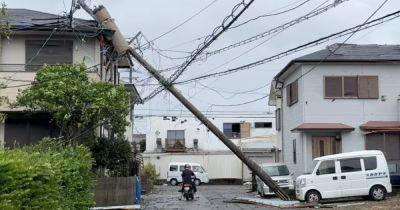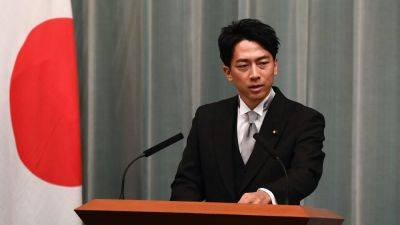Could Japan’s ruling party election revamp relations with China?
It is difficult to overstate the importance of changing the overall mindset among Japanese leaders that has seen Tokyo drawn willingly into a kind of automatic agreement with Washington on everything from military and economic security to financial system and market development.
08:05
Japan’s former leaders couldn’t fix the economy, but will the next PM be able to?
Meanwhile, Ishiba has argued not only for keeping “China’s adventurist inclination in check with a certain level of military power, while reflecting on what is effective deterrence” but also for pursuing “diplomatic engagement, while reflecting on what a mutually beneficial relationship actually is”.
What is equally interesting is that Japan’s main opposition party, the Constitutional Democratic Party, is likely to undergo a leadership change soon, amid the efforts of political heavyweight Ichiro Ozawa, who has also long sought stronger Japan-China relations.
All this has significance beyond the realms of politics. For Japan itself, the outgoing prime minister’s plan to increase defence spending threatens an unfunded leap in government spending, with adverse implications for both the yen and domestic interest rates.
Against this background, Ishiba’s recent comments come as a relief from the growing drumbeat of warnings from other policymakers in and beyond Japan about the dangers of China’s increasing “assertiveness” in Asia and the supposed need for pre-emptive alliances against this.
According to a report by the Japan Times, in his recently published book, whose title loosely translates as A Conservative Politician – My Policies, My Fate, Ishiba offers a “different take on Japan’s national security challenges”.
While acknowledging the deterioration of the regional






